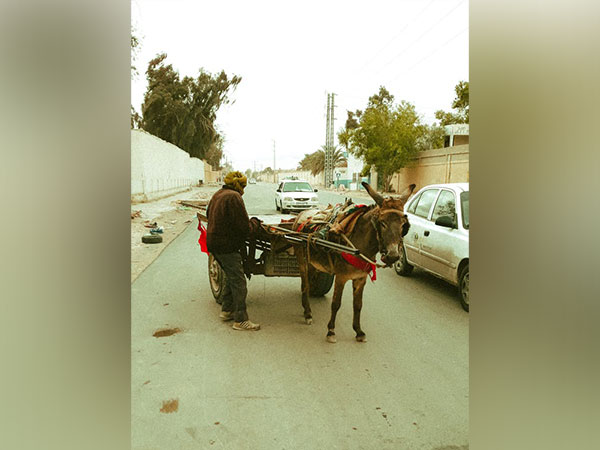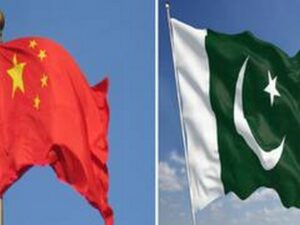
Dar es Salaam [Tanzania], February 10 (ANI): China‘s demand for Africa’s donkeys is rising, Africa-based publication The Citizen reported, adding that donkey trade, both illicit and legal, however, poses a challenge for many African countries, especially in terms of its impact on the most marginalised communities.
According to report, donkeys are estimated to support about 158 million people in Africa. In rural areas, the presence of a donkey in a household helps to alleviate poverty and frees women and girls from household drudgery.
Donkey hides have been in high demand in China in recent years, the report said, adding that the country uses these hides to make an ancient health-related product called ejiao.
Ejiao is made from collagen that’s been extracted from donkey hides mixed with herbs and other ingredients to create medicinal and health consumer products. The product is believed to have properties that strengthen the blood, stops bleeding and improves the quality of both vital fluids and sleep, according to The Citizen report.
Ejiao sells for about USD 783 per kilo and the Chinese market for it has increased from about USD 3.2 billion in 2013 to about USD 7.8 billion in 2020. This recent rise in demand is driven by several factors, including rising incomes, popularisation of the product via a television series, and an ageing population (age is a key demographic driving demand), the report stated, adding that in addition, ejiao is sometimes prescribed by doctors and the cost can be covered by health insurance.
The demand for ejiao has led to a shortage of donkeys in China, the report went further, adding that African countries have also been affected by the same. Africa is home to the highest number of donkeys in the world — about two-thirds of the estimated global population of 53 million donkeys in 2020.
According to The Citizen, donkeys have a valuable, ancient role as a workhorse and losing access to them creates a huge problem for poor households. The other part of the challenge is regulatory. Only when the donkey hide trade is fully regulated and export numbers are very limited might the trade work without adverse consequences for the poor, the report noted.
A recent survey by the East African Community, highlighted that the region is not ready for the mass slaughter and unregulated trade of donkeys. Millions of vulnerable East Africans rely on donkeys for a living and are at risk of losing out through the donkey skin trade. (ANI)
















